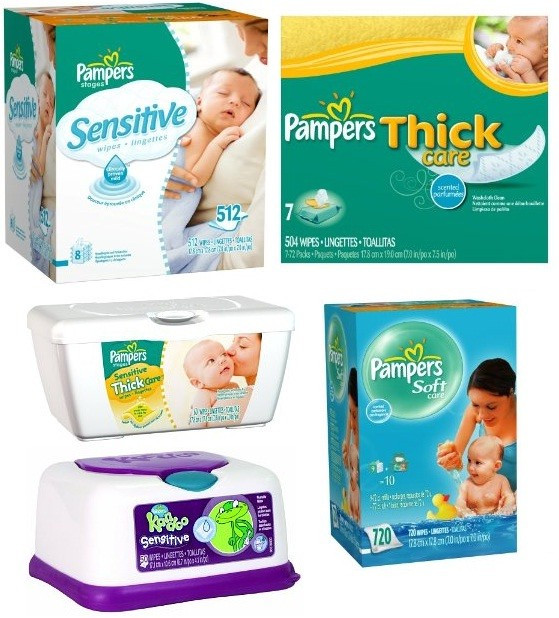UK announces ban on wet wipes
Almost all wet wipes will be banned in England as part of the Government's new plans for tackling water pollution.

In a major move to reduce plastic waste, the United Kingdom has announced a ban on wet wipes, a popular household item often used for personal hygiene and cleaning. Environment minister Therese Coffey told BBC News that almost all wet wipes will be banned in England as part of the Government's new plans for tackling water pollution.
Coffey also warns that water companies could face unlimited penalties for dumping sewage. The wet wipes ban is part of the Government's Plan for Water initiative, which seeks to see more investment from water companies, stronger regulation and tougher enforcement for those who pollute. The plan emphasises the government's wider efforts to reduce single-use plastics and tackle the growing problem of plastic pollution in the country's waterways.
Ms Coffey said: "Our rare chalk streams and world-famous coastlines, lakes and rivers are hugely important to local communities and nature. I completely understand the concerns that people have about the health and resilience of our waters, which is why I am setting out this plan for a truly national effort to protect and improve them. That includes higher penalties taken from water company profits which will be channelled back into the rivers, lakes and streams where it is needed."
She continued: "This is not straightforward, but I take this issue extremely seriously and things need to change. That's why we have developed this plan and we are committed to delivering the progress that people want to see."
Wet wipes are made of plastic fibres and contain a variety of chemicals, making them a particularly problematic item for the environment. They have often flushed down toilets, causing blockages in sewage systems and contributing to the formation of "fatbergs" – large masses of congealed fat and other waste that can clog up sewers and cause flooding.
The ban will cover all types of wet wipes, including those marketed as flushable or biodegradable. It is expected to have a significant impact on the market, with wet wipes currently accounting for around 93% of the UK's total wet wipe sales.
Environmental groups have praised the ban, calling it a much-needed step towards reducing plastic pollution in the country. However, some industry groups have expressed concern over the impact on businesses and consumers.
The government has acknowledged these concerns and has pledged to work with the industry to develop alternatives to wet wipes, such as reusable cloths and cleaning sprays. It has also promised to launch a public awareness campaign to educate consumers on the environmental impact of wet wipes and the importance of disposing of them properly.
The ban on wet wipes follows similar moves by other countries, including France and Italy, which have already banned certain types of single-use plastics. The European Union has also announced plans to ban a wide range of single-use plastic products by 2021.
As the UK takes bold steps to reduce plastic waste, it is hoped that other countries will follow suit, leading to a cleaner, healthier planet for future generations.
Green Party co-leader Adrian Ramsay supports this plan of action and has said: "After years of burying their heads, ministers have finally surfaced to tackle the scourge of sewage and pollution in our waterways and along our coasts. It's clear the Conservatives can also smell a local election in the air and are only acting in response to public pressure.
He continued: "The actions are too little too late, and still leave the water industry in private hands able to profit from failure. The Green Party wants to see the system change, with our water supply brought back into public ownership at the earliest practicable opportunity."
© Copyright IBTimes 2025. All rights reserved.





















